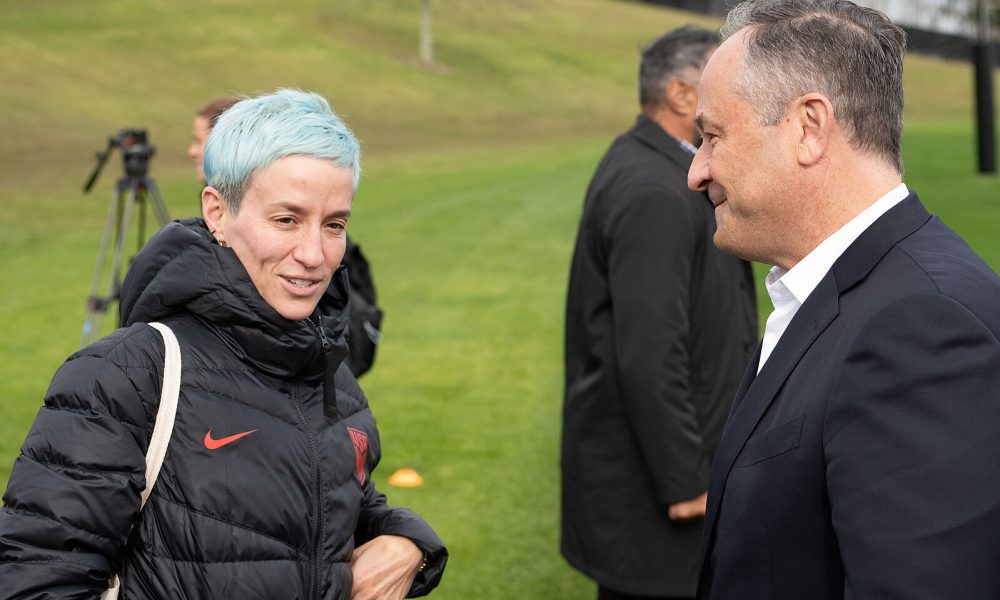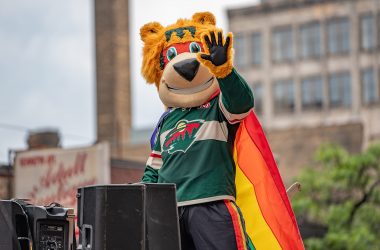As a sports enthusiast, witnessing the presence of 87 LGBTQ+ athletes on the grand stage of the Women’s World Cup is nothing short of a monumental achievement in the ongoing journey toward LGBTQ+ inclusion and acceptance in sports.
For decades, the world of professional sports has been a bastion of heteronormativity, where LGBTQ+ athletes often felt compelled to hide their true selves out of fear of discrimination.
But the Women’s World Cup, with its rainbow-colored embrace, shatters these old paradigms and redefines what it means to be an athlete in the modern era.
First, it sends a powerful message to LGBTQ+ youth around the globe. To see athletes at the pinnacle of their careers, proudly representing their countries while openly embracing their LGBTQ+ identities is an inspiration beyond words.
It tells these young individuals that their dreams of excelling in sports need not be limited by their sexual orientation or gender identity. They can be both LGBTQ+ and a world-class athlete, breaking stereotypes along the way.
The presence of LGBTQ+ athletes on the biggest stage of international sports serves as a catalyst for change within sports institutions themself. It challenges the status quo and forces organizations to confront the biases that have persisted for far too long.
It demands that locker rooms become more inclusive and that policies are put in place to protect LGBTQ+ athletes from discrimination, both overt and subtle.
We must also acknowledge that the journey is far from over. Despite the progress made, LGBTQ+ athletes still face challenges, both personal and systemic. The burden of representation can be heavy, and the fear of backlash lingers.
But with each athlete who proudly steps onto the field, we move one step closer to a world where being LGBTQ+ in sports is entirely unremarkable – because, in the end, it should be. Sports should be about talent, dedication and teamwork, not about who you love or how you identify.
The Women’s World Cup, with its diversity and inclusivity, serves as a beacon for a future where LGBTQ+ athletes are not only accepted but celebrated for who they are. It reminds us that sports should be a reflection of our society’s values, and our society is increasingly recognizing the importance of embracing diversity in all its forms.
The 87 LGBTQ athletes at the Women’s World Cup are role models. They symbolize hope, courage and progress. They remind us that the power of sport goes beyond the final score; it has the potential to change hearts and minds, challenge norms and inspire a more inclusive world.
Their presence on the big stage is not just a win for LGBTQ+ athletes but for the entire world of sports and for society as a whole. It shows that love wins, both on and off the field.




